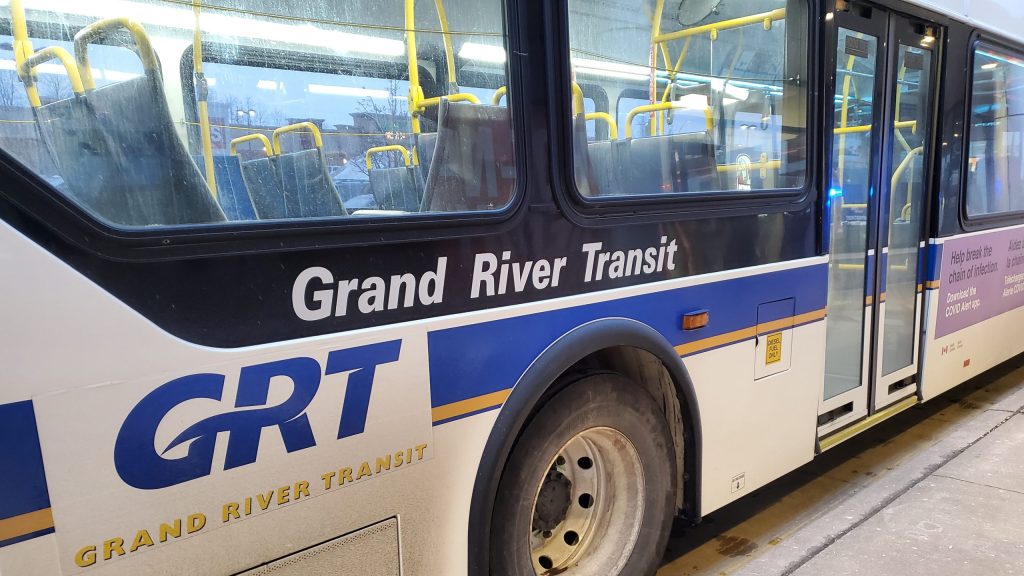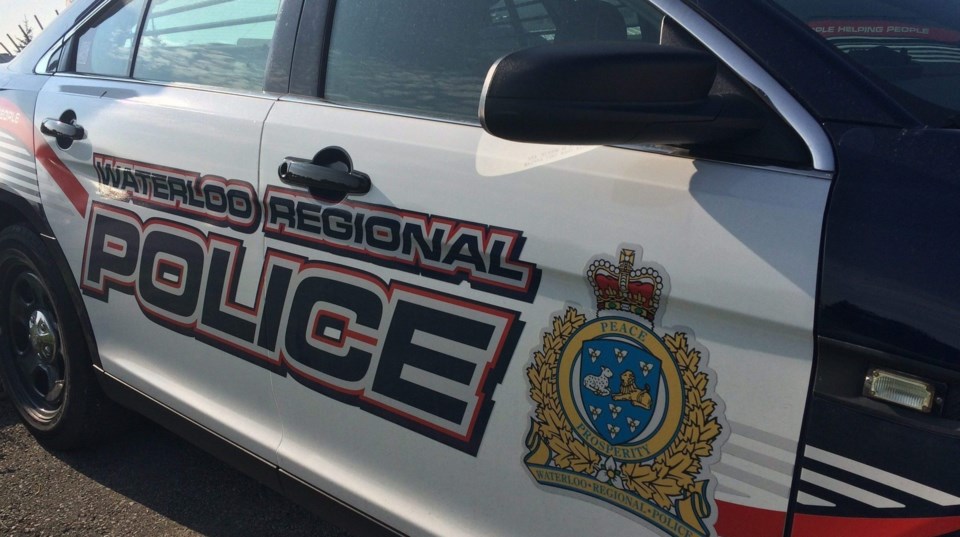A list of pipeline projects in Canada that have been the subject of controversy
Posted Nov 13, 2014 06:39:10 PM.
This article is more than 5 years old.
OTTAWA – Mounting opposition from environmentalists and in his home province of Quebec has not quelled NDP Leader Tim Mulcair’s enthusiasm for a west-east pipeline across Canada. Here are a few other controversial pipeline projects in the country:
Keystone XL
Keystone XL is a proposed 1,897-kilometre pipeline that would carry crude oil from Hardisty, Alta., to Steele City, Neb., where it would link up with other pipelines that run to the Gulf Coast and the U.S. Midwest.
The pipeline would carry an average of 830,000 barrels of oil per day to refineries in the Midwest and the Gulf Coast.
TransCanada (TSX:TRP) would develop the US$5.4-billion pipeline. In May 2012, the company filed a new application for a presidential permit — a requirement for any cross-border pipeline — after the U.S. State Department denied its first application.
Earlier this year, the State Department put off its decision again, pending the outcome of a court fight in Nebraska over the proposed route. A decision is not expected before next year.
However, last week’s midterm elections, which left the Republican party in full control of the U.S. Congress, could force the issue through expected legislation.
The Canadian Energy Research Institute estimates that Keystone XL will add $172 billion to the United States’ gross domestic product by 2035.
Northern Gateway
Northern Gateway is a proposed 1,177-kilometre twin pipeline that would carry diluted bitumen from Alberta to the town of Kitimat on the British Columbia coast, where it would be shipped overseas by oil tankers.
One pipeline would carry an average of 525,000 barrels a day of petroleum products west to Kitimat. The other pipeline would carry a daily average of 193,000 barrels of natural-gas condensate — used to dilute oilsands bitumen — east to Bruderheim, Alta., just north of Edmonton.
Calgary-based Enbridge Inc. would develop the $6.5-billion pipeline. The company submitted an application for the pipeline to the National Energy Board in May 2010. Consultations were then held with opponents and supporters of the project.
In December 2013, a federal joint review panel recommended approval of the project, subject to 209 conditions. The government approved the project, contingent on those conditions being met, and further consultations with affected aboriginal communities.
The Northern Gateway project is worth an estimated $300 billion in gross domestic product over 30 years.
Energy East
The $12-billion, 4,600-kilometre Energy East pipeline would carry 1.1-million barrels of crude oil per day from Alberta and Saskatchewan to refineries in eastern Canada.
The project would involve converting an existing natural gas pipeline to oil, then building new lines in Alberta, Saskatchewan, Manitoba, eastern Ontario, Quebec and New Brunswick to extend the existing line. It would require construction of two marine facilities, on the Gulf of St. Lawrence near Quebec City and in Saint John, N.B.
The project would also deliver oil to existing Quebec refineries in Montreal, near Quebec City and in Saint John. New pipeline would be built in Alberta, Saskatchewan, Manitoba, eastern Ontario, Quebec and New Brunswick.
TransCanada filed its regulatory application for Energy East to the National Energy Board two weeks ago. Several environmental groups have vowed to fight the pipeline, raising concerns over the ecological harm that would result from a spill as well the project’s enabling role in oilsands growth.
Trans Mountain pipeline
Kinder Morgan’s proposed $5.4-billion expansion of its Trans Mountain pipeline would nearly triple its capacity to ship petroleum products to 890,000 barrels a day along a 1,000-kilometre route to Burnaby, up from the current daily flow of 300,000 barrels.
The pipeline would enable crude exports to Asia through the Vancouver area, but opponents of the Trans Mountain project have warned of the potential impact of a spill, either from the pipeline itself or from increased tanker traffic.
The National Energy Board plans to begin oral hearings examining the Trans Mountain expansion in July of next year. A final report is due to federal cabinet in January 2016.










